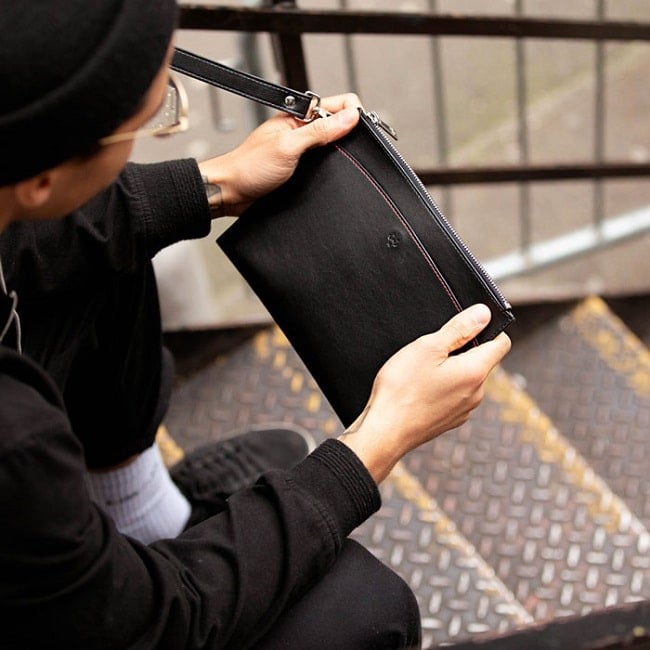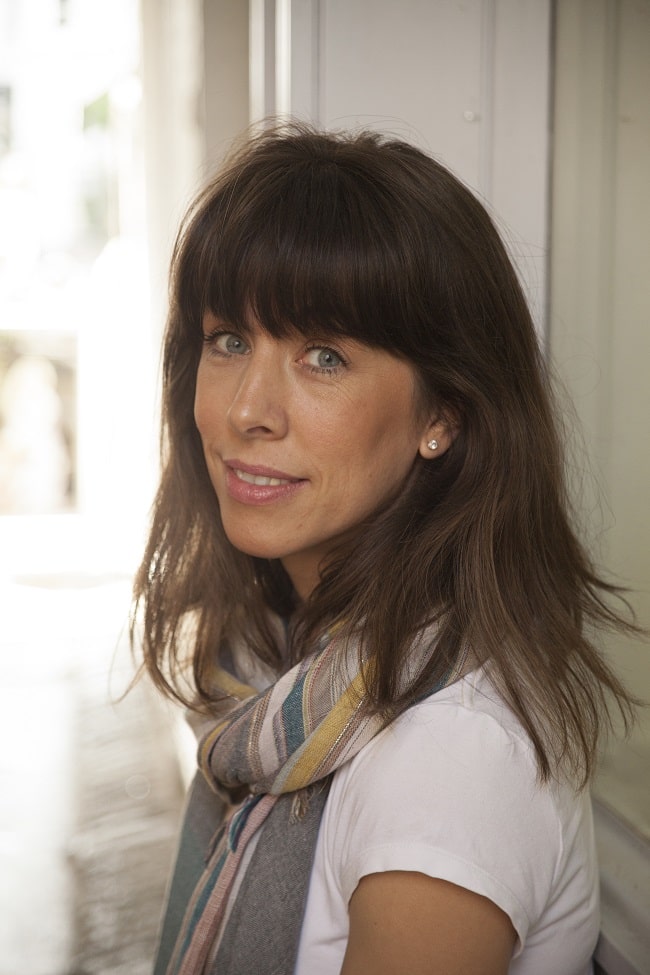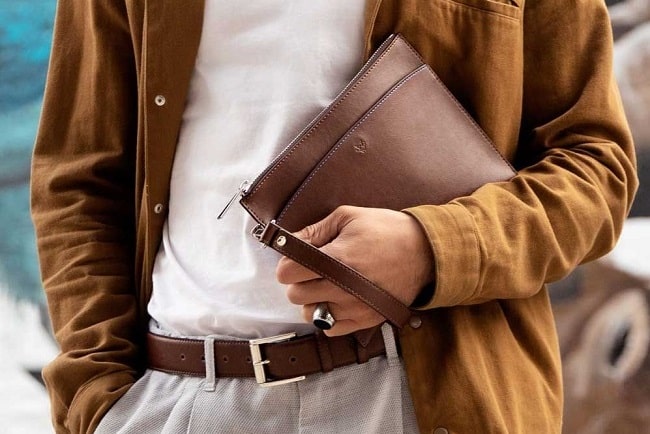1
HOME > Interviews >
IN CONVERSATION WITH HELEN FARR-LEANDER OF WATSON & WOLFE
Written by Menswear Style in Interviews on the 1st December 2020

The Watson & Wolfe story started in 2016 when their intention was to use genuine leather. The business boasts a wealth of experience within the luxury leather industry, so this was a very natural path for them to take. It was during the research and development phase in 2017 that they uncovered the facts and saw the reality of the leather industry. The demand for leather continues to grow and as a result we continue to cause damage to people, rivers and ecosystems. This was a turning point for founder Helen Farr-Leander who decided to change direction completely. The brand now believes they have an opportunity to produce a product range that is not only safer for people, but more environmentally-friendly for our planet, and which challenges the leather and luxury goods industries as we know them. Their collections are made in a small boutique factory that has a long history of producing the highest quality accessories for luxury brands all over the world. Using the same traditional crafting techniques, they produce a superior product which is cruelty-free and sustainable. By using superior quality materials from eco-conscious suppliers, and fine craftsmanship, they hope to encourage more men to shop sustainably.
In a recent episode of the MenswearStyle Podcast we interviewed Watson & Wolfe Founder Helen Farr-Leander about her background working within the leather goods industry. After taking a break to start a family she soon had the desire to start her own company using non-leather materials, which won a PETA award in 2019. Our host Peter Brooker and Helen also chatted about how toxic chemical waste is damaging the health of people, the ethics of breading animals for material use, new innovative environmentally-friendly materials such as cactus leather, and working with small independent stores.

“I started on the luxury leather goods journey more than 10 years ago. After working for other brands and later starting a family, I thought it was time for a career break. I came back from that with the idea that I wanted to start a business of my own within leather goods. But the decision to be completely different brought the brand to use non-leather materials. When you come to our website, you’ll see it's not all about selling, It's about education and about changing the perception of these materials. It's not just about being vegan, it's about addressing the environmental issues of materials we've been using up to this point. Leather has been one of the most damaging for several reasons, such as the amount of toxic chemical waste from the tanning process, which is dumped into waterways and destroys ecosystems and landmasses around those areas of the world. A tannery worker has an average life expectancy of about 54 years old because of the health implications and the suffering that he will get from being in touch with all those chemicals every day of his life. Then there’s the sheer number of animals required to provide for the leather industry. There are animals being trafficked from one country to another because it's illegal to kill them in one country, but not the other.”

This is a shortened transcribed edit of episode 92 of the MenswearStyle Podcast with Helen Farr-Leander, Founder of watsonwolfe.com. You can listen to the full version below or listen on Apple Podcasts, Spotify or your favourite podcast player.
Trending
2
3
4
5
6
7
8
9
10








